Background: I am a business consultant that is on a project to help a blockchain startup in Switzerland. Hopefully, this post is a good read for people interested in BTC security.
During lunch yesterday with my project manager, we had the pleasure to meet the VP of engineering Hybrid. I thought I knew all about blockchain before I met her.
I have had a keen interest in blockchain for a long time. During our lunch, we talked about the security protocols of blockchain and these are some key moments that I remembered from her (not only about blockchain security but also about the normal security protocols that are used by the banks). I will try to keep it as simple as possible.
Unlike traditional security (banks), which rely on access control to keep the bad players out of the network. She explained to me how the security principles completely change when it comes to decentralization. The decentralized platform gives 100% of the security responsibility control of the assets to the users because the security of the network now completely depends on POW (in the case of famous cryptocurrencies like BTC). In doing so, they don't require encryption for bitcoin traffic like they do in keeping assets safe in centralized bodies(CB). In CB it is secured encryption end to end.
She gave me this simple scenario. If an open-ended system such as a credit card system is compromised by hackers who have found a weakness around complex software layers (which also makes the system more vulnerable). They can gain complete access to the system and can compromise all transactions and payments(forging and modifying transactions). But also leak and sell customer data which leads to identity theft.
But thanks to the blockchain it is not the case. The transactions cannot be forged or modified. No identity theft and it cannot be used to authorize additional payments. Thanks to the blockchain you can even make crypto transactions through unsecured wifi or Bluetooth connection and you will still have fewer chances of getting hacked than a fully secured encryption centralized platform(CP).
The other point that I found interesting is that the traditional software architecture that you will found today is built upon a concept called RoT, the root of trust. As to protect the CP, the security architecture is traditionally built around RoT, and as time passes, and requires additional layers of security. New layers of security are built, that extend towards the outwards from the center. Now in doing so, these systems become more complex and result in bugs, which make the whole CP more vulnerable to security compromise.
At the bottom she said and I quote "more you pay for a complex security in CB, the more it becomes vulnerable and harder to be secured."
I wish I could remember more of what we talked about but it was a hell of a sunny day and I had a heat-induced migraine.
[link] [comments]

You can get bonuses upto $100 FREE BONUS when you:
💰 Install these recommended apps:
💲 SocialGood - 100% Crypto Back on Everyday Shopping
💲 xPortal - The DeFi For The Next Billion
💲 CryptoTab Browser - Lightweight, fast, and ready to mine!
💰 Register on these recommended exchanges:
🟡 Binance🟡 Bitfinex🟡 Bitmart🟡 Bittrex🟡 Bitget
🟡 CoinEx🟡 Crypto.com🟡 Gate.io🟡 Huobi🟡 Kucoin.
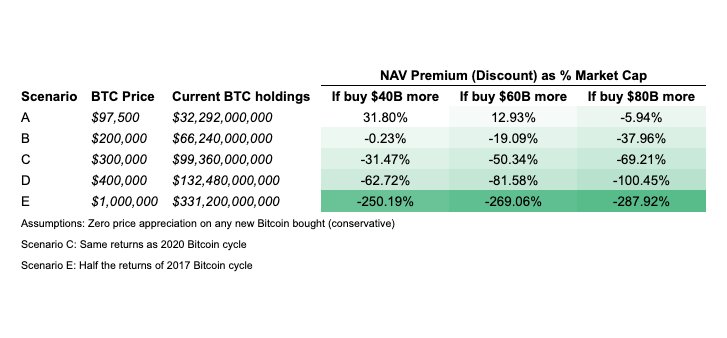




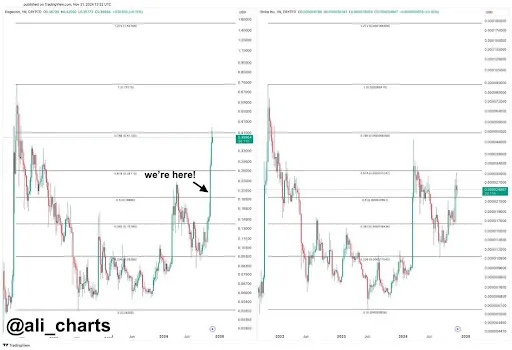

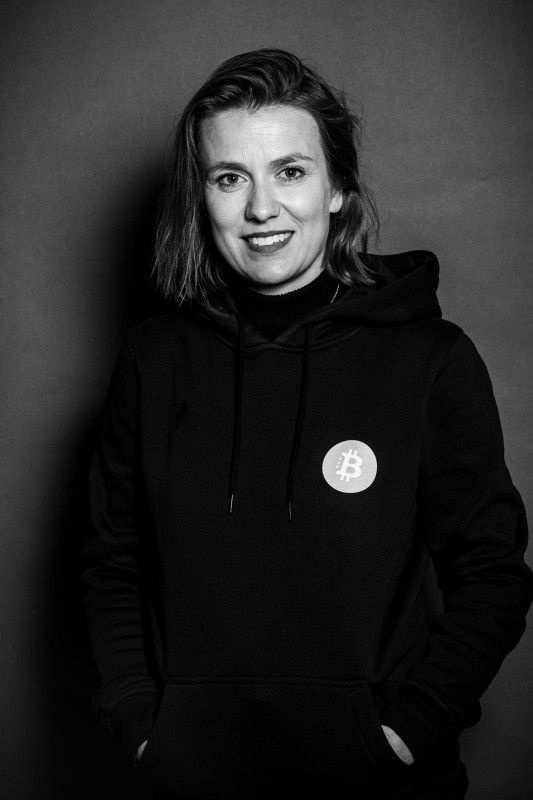


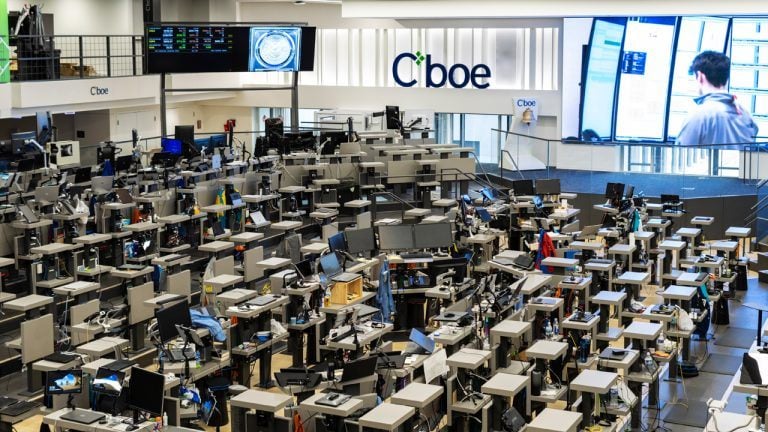



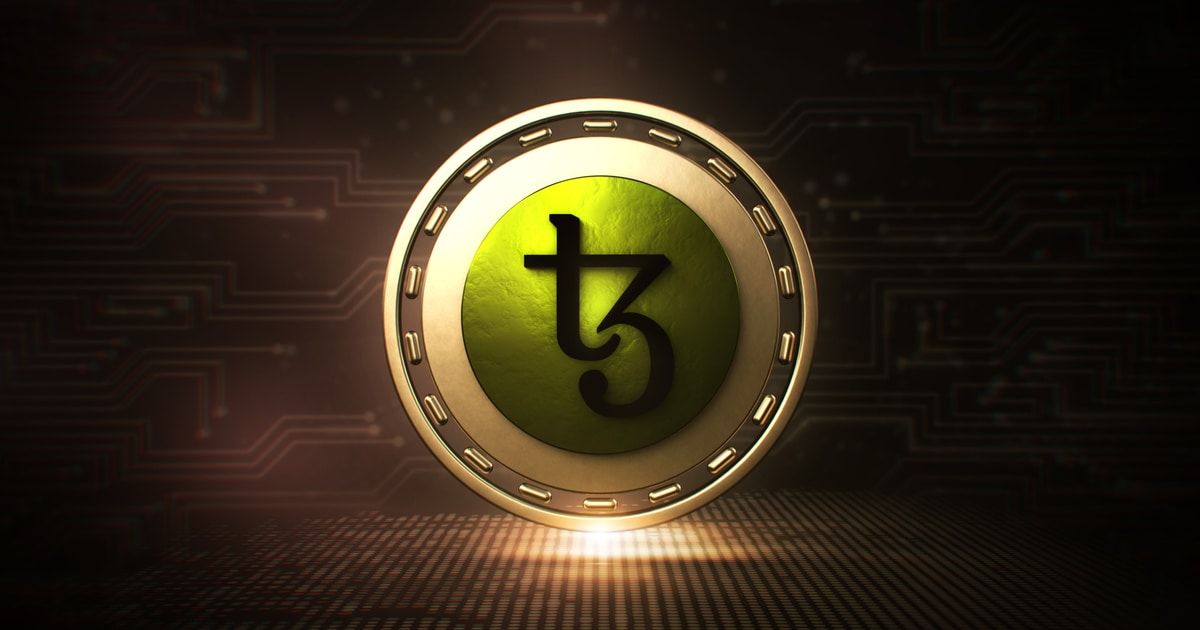
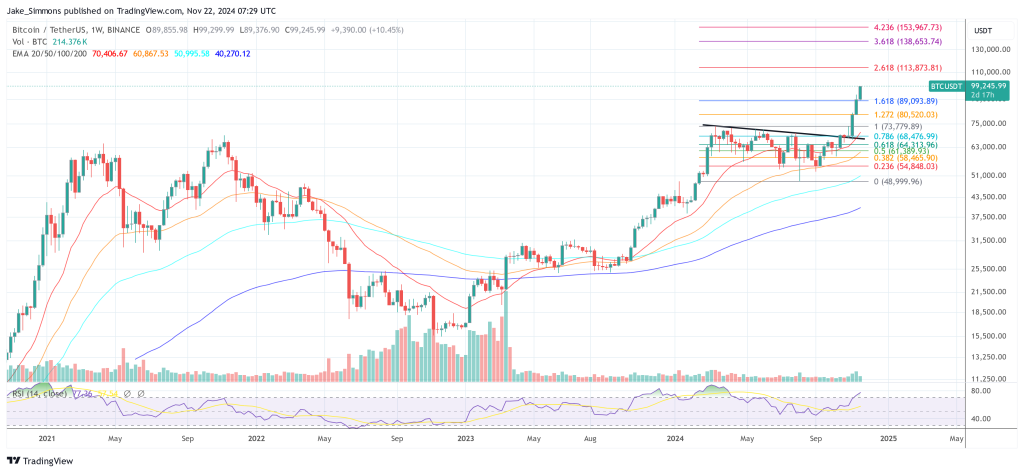

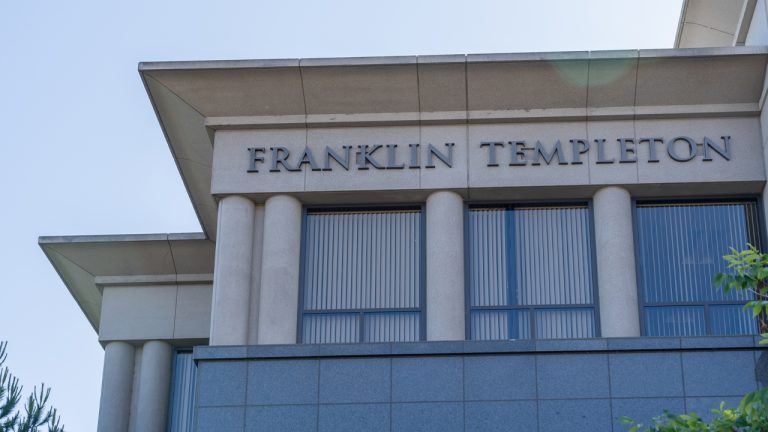

Comments